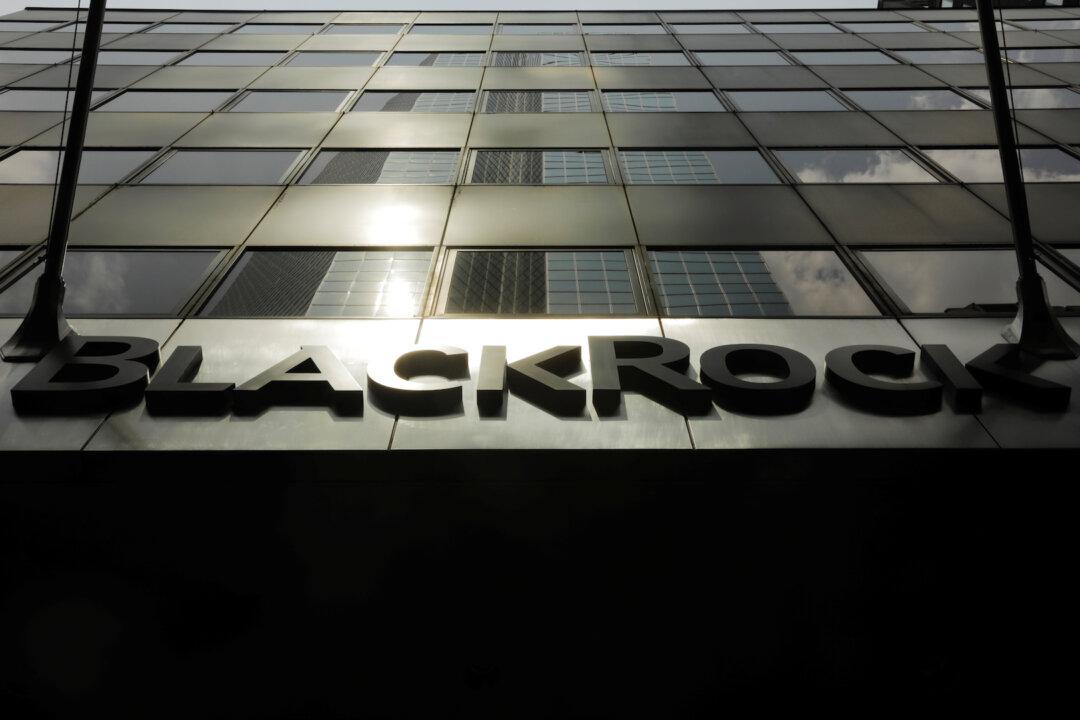The U.S. Federal Reserve’s attempt to rein in inflation by raising interest rates might end up pushing the country into a recession, BlackRock, the world’s largest asset manager, recently warned in a note.
“The Fed’s hawkish pivot has raised the risk that markets see rates staying in restrictive territory,” the note said, according to Fox Business. “The year-to-date selloff partly reflects this, yet we see no clear catalyst for a rebound. If they hike interest rates too much, they risk triggering a recession. If they tighten not enough, the risk becomes runaway inflation. It’s tough to see a perfect outcome.”





